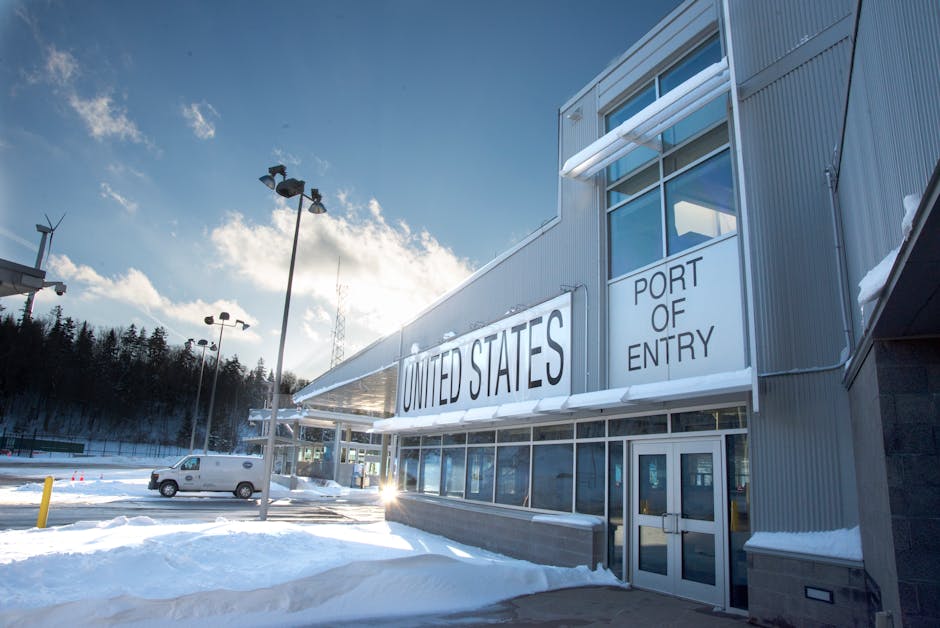Raid Details
A massive immigration raid was conducted at a Hyundai battery plant construction site in Bryan County, Georgia, on Thursday, resulting in the detention of approximately 475 workers. The operation, led by Homeland Security Investigations (HSI), involved multiple federal agencies, including Immigration and Customs Enforcement (ICE), the Federal Bureau of Investigation (FBI), the Drug Enforcement Administration (DEA), and the Bureau of Alcohol, Tobacco, Firearms and Explosives (ATF).
Background of the Raid
The raid was the outcome of a months-long investigation into allegations of unlawful employment practices and other serious federal crimes at the construction site of a battery plant for electric vehicles, a joint venture between Hyundai Motor Group and LG Energy Solution Ltd. According to authorities, the detained workers were primarily South Korean nationals who were illegally present in the United States or in violation of their authorized presence.
Official Response
In a statement, Steven Schrank, special agent in charge of HSI for Georgia and Alabama, confirmed that the operation was the largest single-site enforcement operation in the agency's two-decade history. He emphasized that the detained individuals were not directly employed by Hyundai Motor Company.
International Reaction
The raid drew significant attention from the South Korean government, which expressed concerns over the detention of its nationals. A spokesperson for the South Korean Foreign Ministry stated that the economic activities of Korean companies investing in the United States and the interests of Korean citizens must not be unduly violated during U.S. law enforcement operations.
Economic Context
The Hyundai battery plant project is one of the largest industrial investments in Georgia's history, touted as a significant boost to the local economy and a creator of new American jobs. The plant is expected to produce batteries for Hyundai and Kia electric vehicles.
Investigation and Aftermath
The investigation into unlawful employment practices at the construction site is ongoing. Authorities have not released further details on potential charges or penalties against the companies involved.
Conclusion
The immigration raid at the Hyundai battery plant construction site in Georgia has raised questions about the intersection of economic development, immigration policy, and labor practices in the United States. As the investigation continues, further details are expected to emerge.
"The economic activities of our companies investing in the United States and the interests of our citizens must not be unduly violated during the course of U.S. law enforcement," said Lee Jaewoong, South Korean Foreign Ministry spokesman.
Additional Information
- The detained workers were primarily from South Korea.
- The raid involved multiple federal agencies.
- The construction site is part of a $10 billion investment in American manufacturing.
- The plant will produce batteries for electric vehicles.
Implications
The raid highlights the complexities of enforcing immigration laws at large construction projects and the potential impact on international business operations and economic development.
Related Developments
The incident may have implications for future collaborations between U.S. and South Korean businesses, particularly in the automotive and technology sectors.
Project Overview
The Hyundai battery plant is a significant project aimed at supporting the production of electric vehicles in the United States. The plant's construction and operation involve complex logistics, including the hiring of workers with specialized skills.
